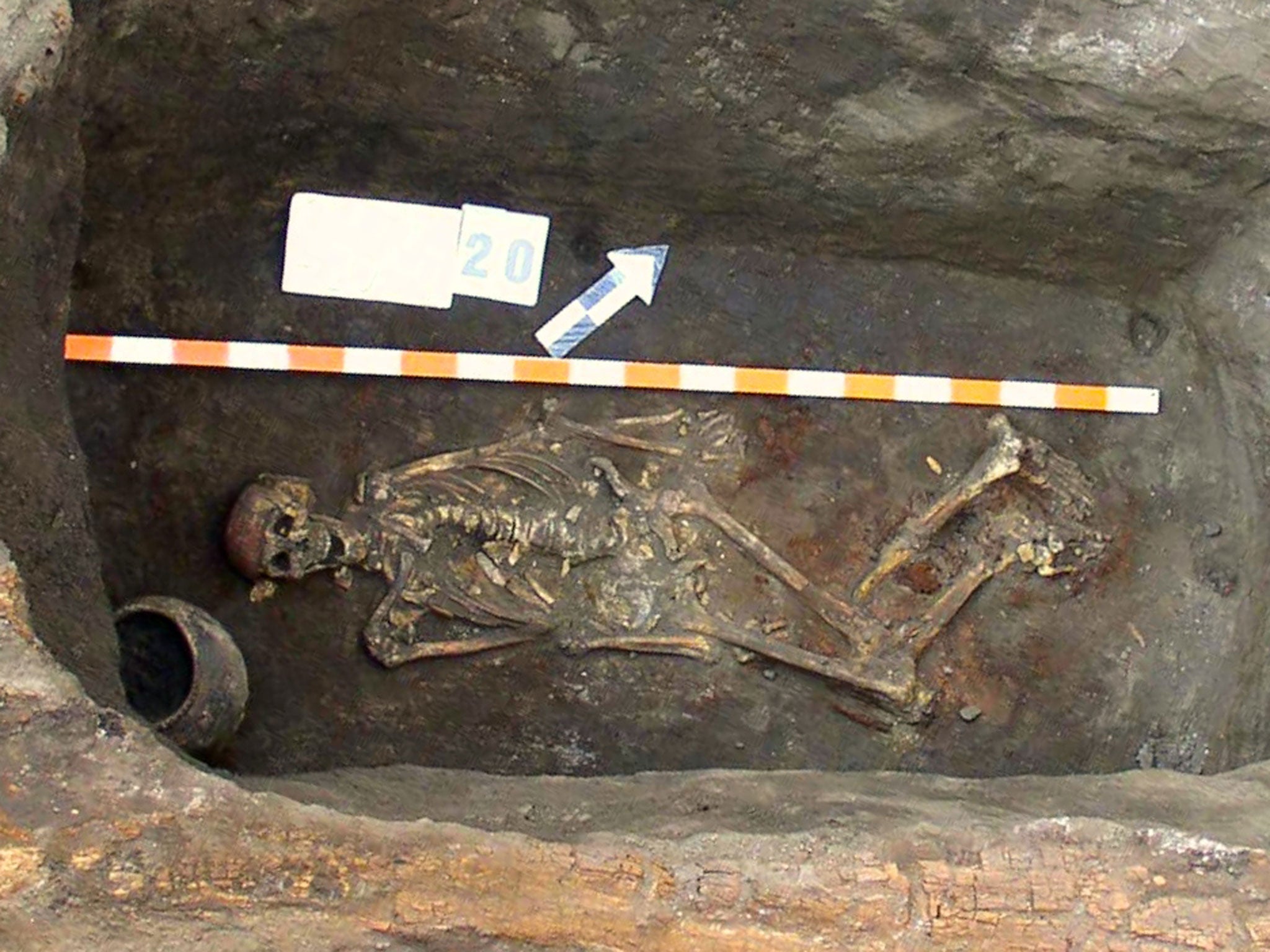Europeans have ‘got whiter’ due to natural selection in past 5,000 years, scientists say
Findings alter previous understanding that natural selection favours darker skin pigments

Your support helps us to tell the story
From reproductive rights to climate change to Big Tech, The Independent is on the ground when the story is developing. Whether it's investigating the financials of Elon Musk's pro-Trump PAC or producing our latest documentary, 'The A Word', which shines a light on the American women fighting for reproductive rights, we know how important it is to parse out the facts from the messaging.
At such a critical moment in US history, we need reporters on the ground. Your donation allows us to keep sending journalists to speak to both sides of the story.
The Independent is trusted by Americans across the entire political spectrum. And unlike many other quality news outlets, we choose not to lock Americans out of our reporting and analysis with paywalls. We believe quality journalism should be available to everyone, paid for by those who can afford it.
Your support makes all the difference.European humans have become “whiter” in the past 5,000 years, undergoing a distinct change in their DNA due to natural selection, according to scientists.
In research published this week in the journal Proceedings of the National Academy of Sciences, experts analysed DNA taken from ancient skeletons and compared it with the current European human genome.
Teams from University College London and Mainz found that there were striking differences over time in the genes which are associated with hair, skin and eye pigmentation.
Sandra Wilde, the lead report author from Mainz’s Johannes Gutenberg University, told Science Daily: “Prehistoric Europeans in the region we studied would have been consistently darker than their descendants today.
“This is particularly interesting as the darker phenotype seems to have been preferred by evolution over hundreds of thousands of years. All our early ancestors were more darkly pigmented.”
The team said that while geneticists have been tracking the “echoes” of natural selection in humans for a number of years, this was the first time results could be pinned accurately to a specific timeframe.
Working with archaeologists from Berlin and Kiev, they used computer simulations to join the dots between data. Where the genetic changes could not be explained by the randomness of inheritance, the researchers were able to infer that positive selection played a role.
The report authors said there were a number of possible explanations for why this change came about. UCL’s Professor Mark Thomas said: “Perhaps the most obvious is that this is the result of adaptation to the reduced level of sunlight in northern latitudes.”
Professor Thomas explained that the amount of vitamin D taken in through UV exposure by lighter skin compared to darker skin might have made the former “the best option”.
But Wilde added: “This vitamin D explanation seems less convincing when it comes to hair and eye colour. Instead, it may be that lighter hair and eye colour functioned as a signal indicating group affiliation, which in turn played a role in the selection of a partner.”
The team said their findings backed the theory that the quirks of a group’s preferences often have a greater impact on sexual selection than the natural environment.
Join our commenting forum
Join thought-provoking conversations, follow other Independent readers and see their replies
Comments